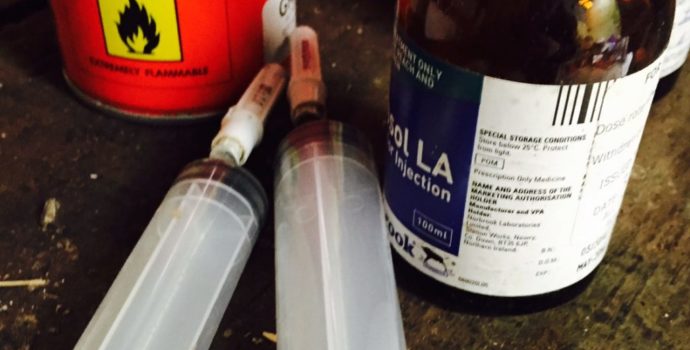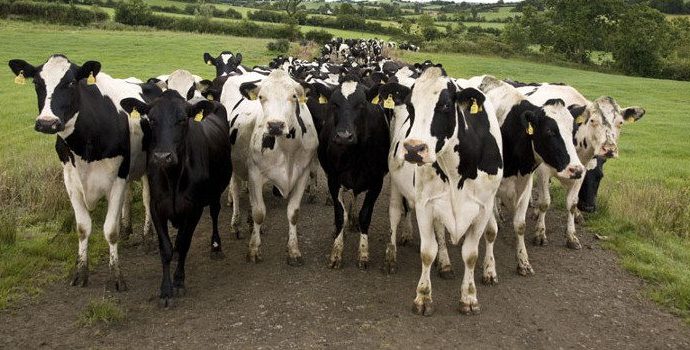IFA Attends Positive First Meeting of Eu Sheep Reflection Group in Brussels

IFA National Sheep Chairman, John Lynskey said IFA put forward a strong case on the need for additional direct supports for the sheep sector at the first meeting of the EU Commission Sheep Reflection Group recently held in Brussels.
John Lynskey said the meeting of the EU group, chaired by John Bryan was very positive with all delegations welcoming the establishment of the group by EU Agriculture Commissioner Phil Hogan. He said this new initiative presents an excellent opportunity to drive forward the sheep agenda at European level and address some of the real challenges facing the sheep sector.
John Lynskey said there was a clear recognition that the sheep sector is facing very formidable challenges and action is required on a range of issues. He said some of the key issues to emerge from the first meeting were the need for increased direct targeted support for the sheep sector, more promotional funding to tackle the consumption challenge, the critical importance and positive role sheep plays in environmental sustainability in hill and mountain areas and the use and adoption of technology to improve and advance breeding.
The IFA sheep Chairman said the sheep sector is very important in Ireland, involving 34,000 farmers with an output value of €300m and production of 58,000t of lamb. He said a study by UCD showed each €1 in support for the sheep sector underpins €2.70 of aggregate output in the Irish economy.
John Lynskey said to maintain and grow the sheep sector there is a need for increased targeted direct support and IFA is seeking the equivalent of €20 per ewe. “Twenty-two member states across the EU have introduced coupled payments for sheep as part of CAP Reform, with an average payment of €12 per ewe.”
The IFA sheep farmers leader said all delegations were strong on the need to apply the simplification agenda to the sheep sector particularly in reducing red tape and bureaucracy with a focus on the over complex identification regime. He said there was a strong view that the EID system needs to be simplified and that it has proved to be way too onerous and costly in countries where it has been applied.




